☆ PuniPuni Youtube ☆
Japanese Phrases: “What time is it?” – Review Notes
Today we learned how to ask the time in Japanese! In this review, we will go over what we learned and also review how to tell time in Japanese!
 ………………………………………………………………………………..
………………………………………………………………………………..
How to Ask the Time in Japanese:
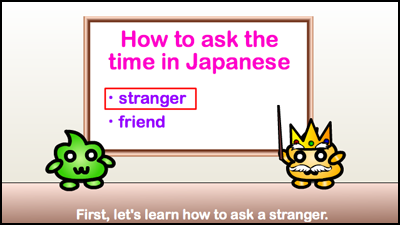
★ Depending on whether you are asking a stranger or a friend, you will need to adjust your level of formality.
★ When asking a stranger what time it is, you should be more formal.
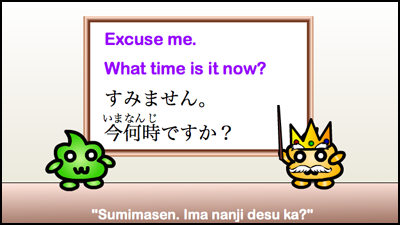
★ First, you should say すみません。 (sumimasen – excuse me) to get their attention.
★ Then, you can ask 今何時ですか? (ima nanji desu ka?) – “What time is it now?”
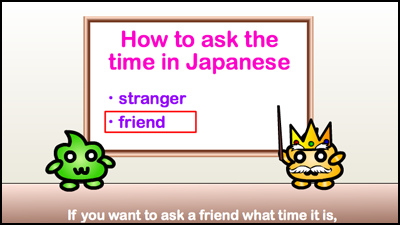
★ If you are asking a friend or someone who is close to you what time it is, you can use more casual language to do so.
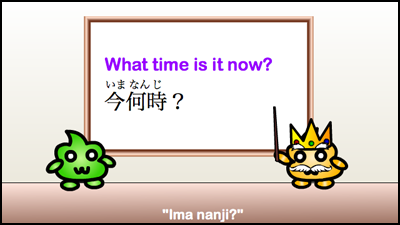
★ To ask a friend what time it is, you can say 今何時? (ima nanji?) – “What time is it now?”
 ………………………………………………………………………………..
………………………………………………………………………………..
How to Answer the Question:
★ We learned in a previous lesson how to say the time in Japanese.
★ To tell someone the time using formal speech, just say the time plus です (desu). For example, 3時です。(sanji desu) – “It’s 3:00.”
★ To tell someone the time using informal speech, you can just say the time. For example, 3時 (sanji) – “3:00.”
★ If you are not sure how to tell time in Japanese, click here.
………………………………………………………………………………..
Conclusion:
That’s it for today’s Japanese phrase lesson! If you have a question, leave a comment below!
 ………………………………………………………………………………..
………………………………………………………………………………..
Do you want a Japanese tutor?
Take Japanese Skype Lessons with Professional Japanese Teachers on kakehashijapan.com!
………………………………………………………………………………..
………………………………………………………………………………..









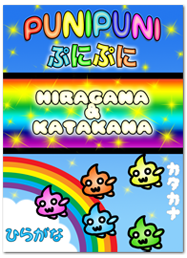
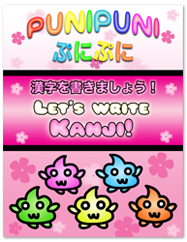


2 comments
今日は疲れを感じ目が覚め、朝食を食べて、町に急がなければならなかったことを思い出した Does this mean
Comment by Paris on 07/12/2014 at 1:07 pm“Today I woke up feeling tired, I ate breakfast and remembered I had to hurry to town.” As I get confused when to use くて and て as ‘and’ when grouping actions. Not to mention when using multiple verbs and adjectives as verbs must go at the end?
I think this example is a little bit too difficult. I recommend starting with more basic sentences to practice connecting verbs and adjectives using て-form.
〜くて is the て-form of adjectives. You can read more about the て-form here:
http://www.punipunijapan.com/te-form-and/
Comment by PuniPuni on 07/13/2014 at 9:44 amhttp://www.punipunijapan.com/te-form-adjectives/